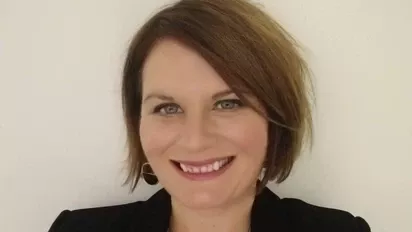Beyond journal metrics: Why it’s time to embrace more meaningful methods of research assessment
With the increasing popularity of preprints, there are ongoing discussions among the research community about the need to apply peer review to help readers navigate new findings. eLife adopted such an approach in 2023, when we launched our model for publishing. The outputs are Reviewed Preprints, which include the original preprint, public reviews and an eLife Assessment that conveys the significance of the findings and strength of evidence, allowing readers to judge the research based on its own merits rather than where it is published.
Due to our efforts to challenge the status quo in publishing, our indexing status in Web of Science changed last year, meaning eLife no longer receives an Impact Factor. This was followed by concerns that eLife papers would no longer count toward funding or career progression opportunities. We therefore spoke to funders and institutions globally to better understand their position, and reported that 95% of respondents still consider eLife papers when evaluating research contributions. Our conversations highlighted that there is less consideration for the Impact Factor than perceived by the research community, and signalled broad support for more open science practices – showing that it’s time to move away from journal metrics in favour of more transparent and meaningful methods of assessment.
In this session, we will talk more about eLife Assessments, our conversations with the community and why it’s time to embrace innovative approaches to research assessment that better serve science and scientists. We also invite further discussion and participation from the audience.
